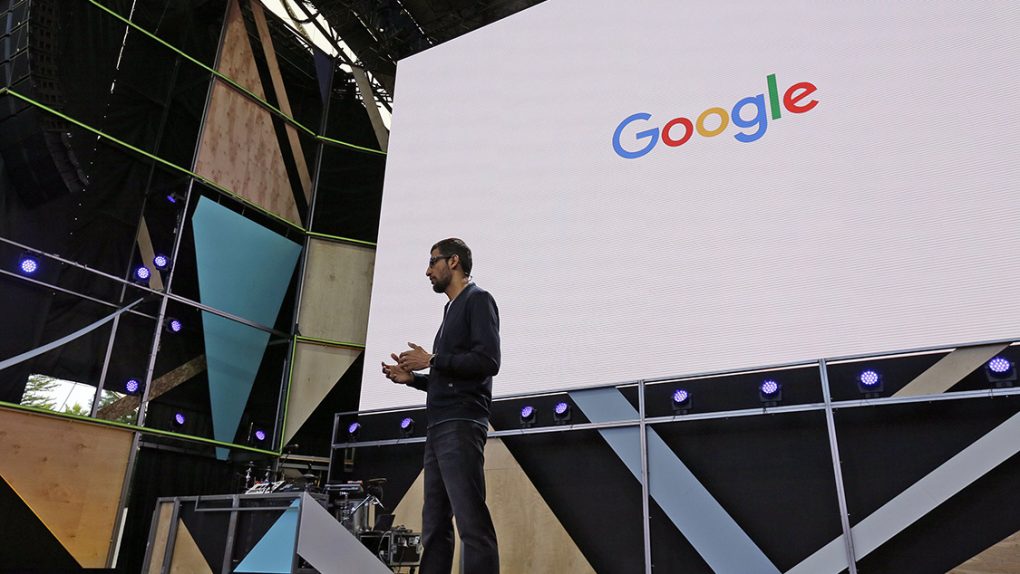- Google Incognito mode will receive a significant upgrade soon, as it will work across applications on iPhone and Android.
- Google revealed the new privacy feature in an announcement that details other measures Google is taking to improve user privacy and security.
- The company also announced that all new accounts will have data auto-delete controls set to 18 months by default going forward.
The words “Google” and “privacy” don’t exactly go hand in hand. It’s not that I don’t trust Google’s ideas or its ability to deliver. It’s the fact that these announcements often sound better than they are. The worst thing about them is that Google really isn’t ready to embrace the fact that it collects user data and that it sells more expensive ads the more data it has. Google seems afraid to affirm these facts, and Sundar Pichai’s privacy announcement is the latest example of that. It’s a long blog post that goes out of its way to avoid any mention of ads, which is how Google makes money. The only time “advertising” is mentioned comes later in the post, as the CEO makes it clear that personal content isn’t used for advertising purposes, “period.” The point of the announcement is to explain new privacy features that should better protect your data while using Google products.
Also, if you’re familiar with the many, many, many privacy issues Google has dealt with in the past, these privacy announcements might sound like reactions to those issues. It doesn’t help that Apple just announced a slew of new privacy features at WWDC 2020, and Pichai’s blog can be perceived as a reaction that as well. We have no way of knowing whether these new features would have been announced at the I/O 2020 that never was, but Google chose to promote them during Apple’s big WWDC week, not before it.
There’s no question that Apple puts enormous pressure on Google when it comes to privacy, and that Google is responsible for some of that pressure. That said, there is an excellent gem in Pichai’s lengthy post — a privacy feature that’s more daring than anything Google has ever attempted, but it’s not the focus of the announcement.
Google explains in the post that you’ll be able to manage your privacy “on your own terms,” and one way to do that is to use its products in Incognito mode. Just recently, by the way, Google just ran into a massive issue with Incognito Chrome browsing. A lawsuit alleges that Google tracks people who rely on Incognito mode, so this announcement seems to be, yet again, a reaction to recent developments.
Still, Google does plan to make Incognito mode more accessible. All you need to do is long-press your profile picture in Search, Maps, and YouTube. It’s available first on iOS and coming soon to Android and other apps. Here’s the best part: “We’re also working to make it possible to stay in Incognito mode across Google apps, like Maps and YouTube, and will have more to share soon,” Pichai said.
If you want to use every Google app in Incognito mode at all times, you’ll soon be able to switch between them on the same device without having to repeatedly enable the feature. It’s surprising to see Google admit that some people prefer to stay hidden. Either that, or Google just wants to make its Incognito issues go away.

If I wasn’t clear before, there’s no denying that Google makes some of the best mobile apps out there, apps that are must-haves on iPhone and Android. Gmail, YouTube, Maps, and Translate are a few examples. There’s no question that Google should be paid for its work, and it should make money off of its software. But the only way you can pay is by allowing Google to collect your data and serve you ads. Many people don’t mind, but they would probably be less excited about Google’s data collection if they knew that Incognito mode isn’t actually private.
Pichai makes it clear that Google isn’t selling your information in the only paragraph that makes mention of advertising (emphasis ours):
As always, we don’t sell your information to anyone, and we don’t use information in apps where you primarily store personal content—such as Gmail, Drive, Calendar and Photos—for advertising purposes, period.
New Incognito capabilities are just part of Pichai’s announcement. Google will also now set the data auto-delete controls on by default, set to delete your data in 18 months. Why not make auto-delete default to the minimum, which is three months? Well, older data isn’t as valuable as new data, some reports have claimed.

As for YouTube, Google will set auto-delete to 36 months for new accounts or if you turn on YouTube History for the first time. “This improves upon current industry practice and ensures that YouTube can continue to make relevant entertainment recommendations based on what you’ve watched or listened to in the past—like letting you know if your favorite series has released another season, or when your favorite artist drops a new album,” Pichai says.
The announcement also makes it clear that Location History is off by default now. But let’s not forget that it wasn’t very long ago that it was on by default. And this recent story shows how dangerous location data can be if you happen to be in the wrong place at the wrong time.
Competing on privacy matters Google’s greatest challenge, and there’s no question that Google made vital steps in the right direction in recent years, whether it wanted to or not. But we’re not yet in a place where we can applaud Google’s privacy updates and, at the same time, forget the privacy issues that got us here.








